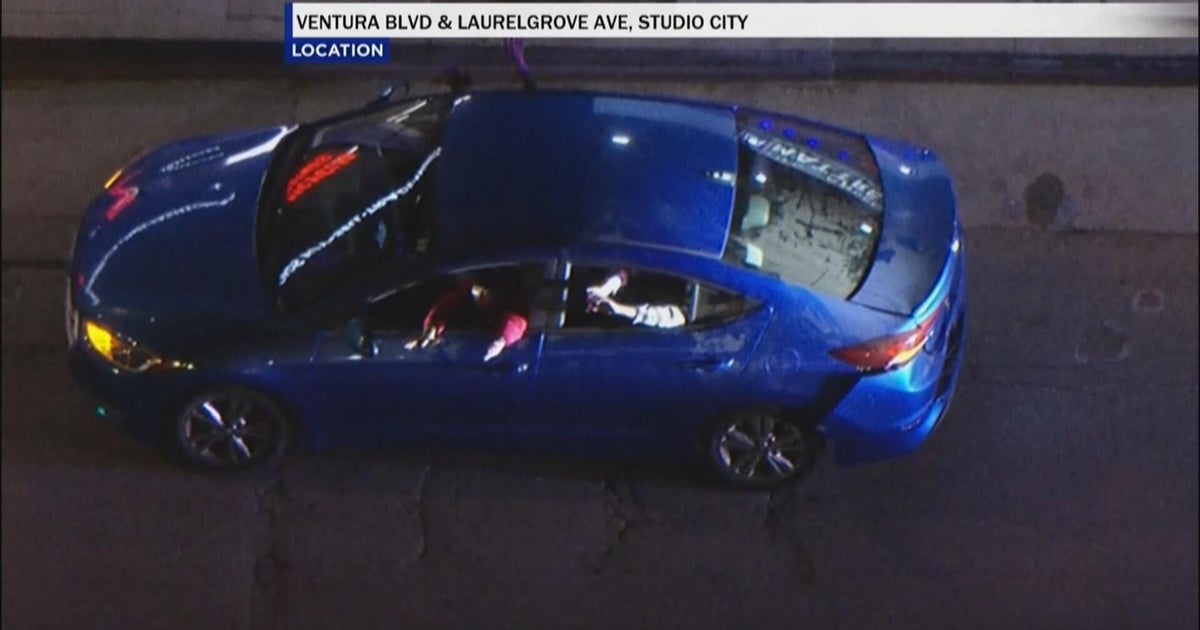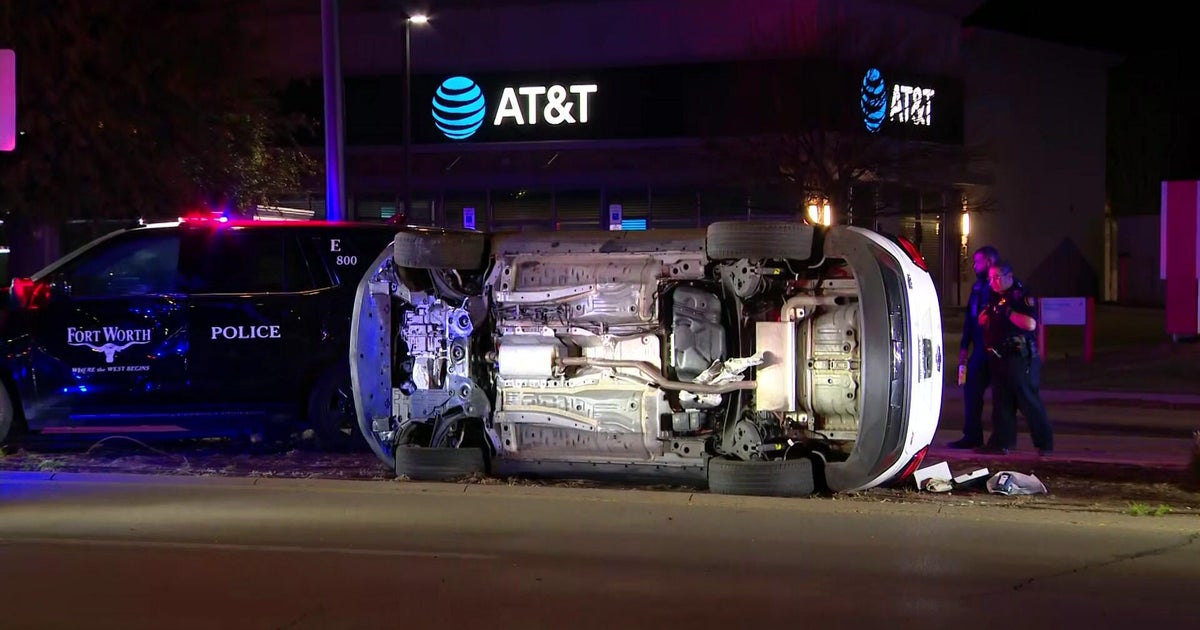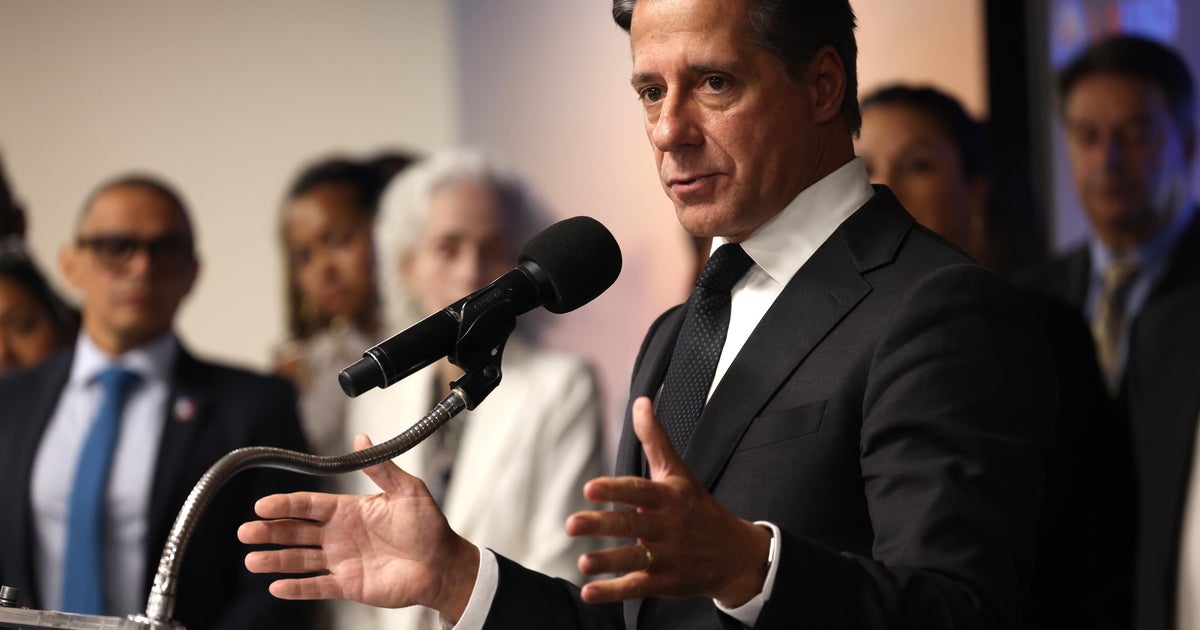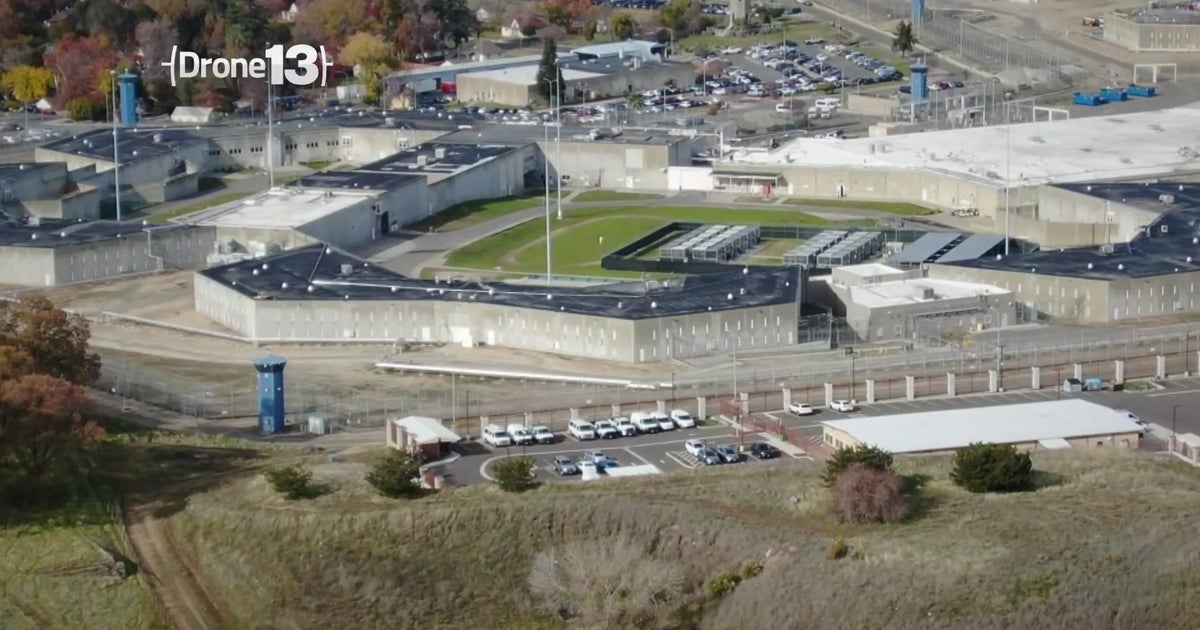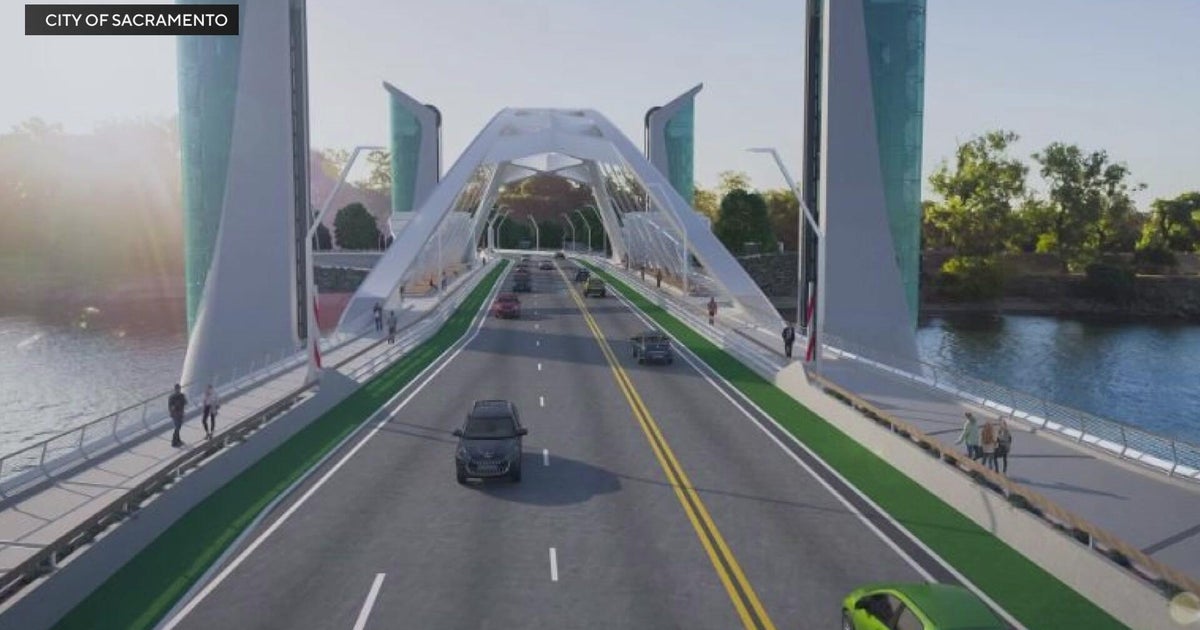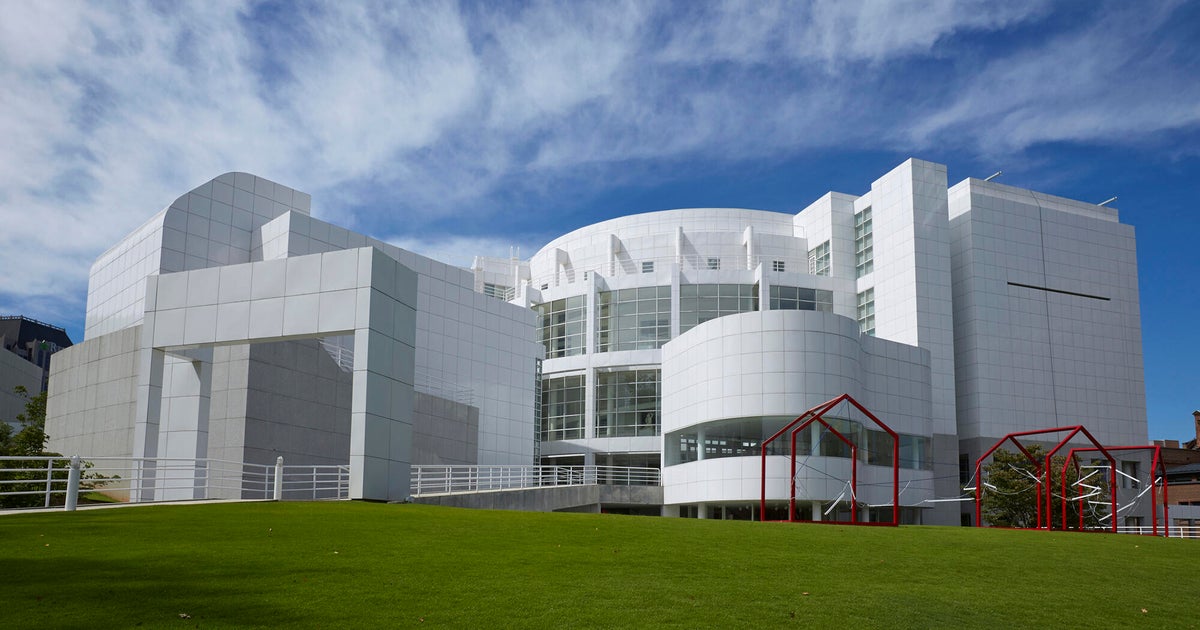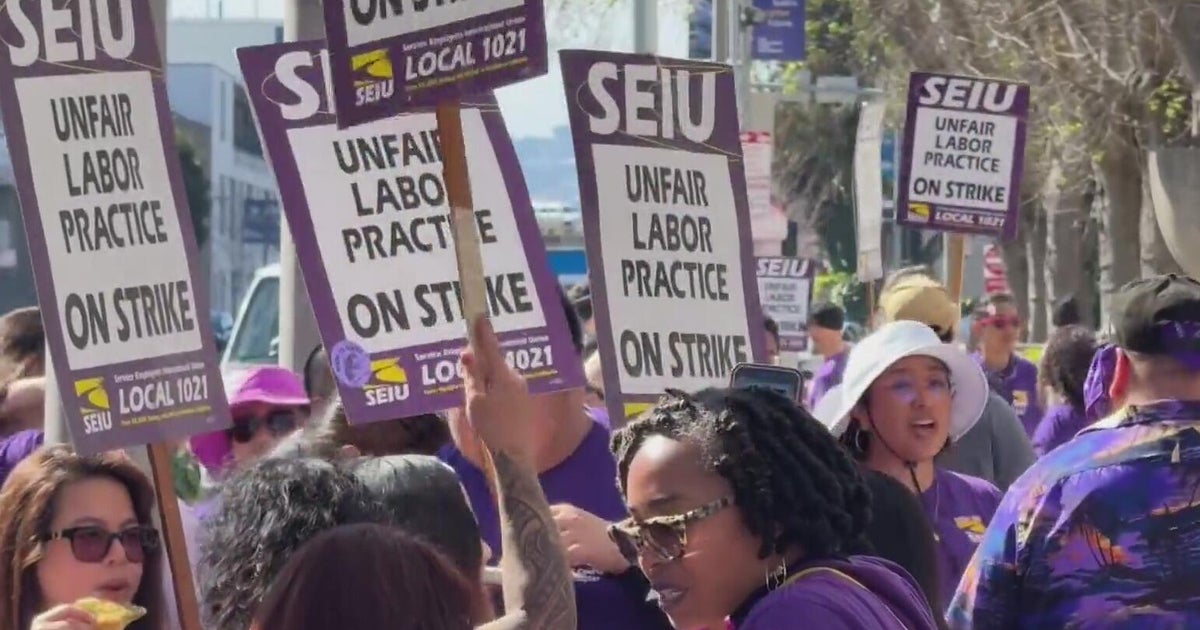Report Finds California High-Speed Rail Needs Overhaul
SACRAMENTO (CBS / AP) -- The state's independent analyst on Tuesday called for major changes to California's high-speed rail plans, including delaying the fast-tracked project and removing its oversight from an independent board.
Management at the California High-Speed Rail Authority is inadequate to guarantee that the project's first phase, which would link San Francisco to Los Angeles and Anaheim, will be developed successfully, the report by the Legislative Analyst's Office said.
The cost for that first phase was estimated in 2009 at $43 billion. But estimates for early stages of the project have grown by as much as 57 percent since then, the report warned, while funding sources are uncertain and subject to political winds.
Those factors, along with strings attached to the federal money already received and a lack of reliable information about the huge transportation system, "pose threats to the high-speed rail project's successful development," according the report.
Analysts recommended that lawmakers slow down the project, which is supported with nearly $10 billion in voter-approved bonds, and shift operational and strategic oversight to the state Department of Transportation. The report called on lawmakers to cut $185 million in funding requested for the project, which is scheduled to start construction next year.
"You have to have really good information to make decisions on a project of this size," said Legislative Analyst Mac Taylor.
The risks of high-speed rail are substantial, but so are the potential benefits, Taylor said. "We're trying to make the project as successful as possible," and one way to do that is to ensure that the first segments built provide the most benefit to the public and have a chance to draw enough riders and revenue to support their own operation, he added.
The rail authority will review the recommendations and work with the Legislature to address its concerns, said Roelof van Ark, the agency's chief executive officer.
"I believe this project has been successful thus far because it has strived to operate more like a private business than a typical government bureaucracy," he said in a statement.
High-speed rail backers warned that the LAO approach could endanger the project.
Folding operations into the transportation department would "bury the high-speed rail under more layers of bureaucracy" and trying to renegotiate the federal grants risks having the Federal Railroad Administration cancel them and award the money to another state, said Henry Perea, a Fresno County supervisor. The first phase of construction is slated to begin by September 2012 in and around Fresno County.
"Delays in construction would invariably result in higher costs and put billions in existing federal funding at risk," said Emily Rusch, state director of the California Public Interest Research Group.
A Federal Railroad Administration spokeswoman said she had not reviewed the report, but the federal agency was committed to keep working with the rail authority and the state's leadership.
Questions about cost have dogged the high-speed rail effort for years. The questions have become more insistent as the project nears construction and the state grapples with budget problems. Lawmakers and Gov. Jerry Brown are struggling to reach agreement on how to close an estimated $15.4 billion budget gap.
"We cannot afford a 'Big Dig,'" said Sen. Alan Lowenthal, D-Long Beach, referring to the infamous Boston tunnel project that was beset by delays and cost overruns. "It's time to say, 'wait a second, let's get it right.'" Lowenthal has supported the project and chairs a legislative committee on high-speed rail that will review the LAO report Wednesday.
The analysts' report noted that debt service on the $10 billion in bonds that voters authorized in 2008, mostly for high-speed rail, would amount to about $1 billion a year from the state's general fund for the next two decades. About $300 million in bonds have been sold so far to pay for high-speed rail design work and related costs.
Sen. Doug La Malfa, R-Willows, has introduced legislation to halt further bond funding for the project, citing concerns about cost and oversight. "It would be putting it lightly to say that this is no way to run a railroad, much less actually construct one," La Malfa said in a statement about the LAO report.
The high-speed rail authority has secured about $3.5 billion in federal funding toward the project, which would connect California's major population centers with trains traveling at 220 mph. Critics noted the federal funds required that construction start with a segment in California's Central Valley between Madera and Bakersfield, leading some to dub it a "train to nowhere."
If the state can't win a waiver from the federal government to loosen the rules and the timing for using high-speed rail grants, it should consider abandoning the project, Taylor said. Federal officials may be willing to loosen the rules because California's high-speed rail project is closer to construction than any other U.S. project, he added.
A U.S. high-speed rail project of this scope, backers say, is complex and potentially as significant as the interstate highway system.
(Copyright 2011 by CBS San Francisco. All Rights Reserved. This material may not be published, broadcast, rewritten, or redistributed. Wire services may have contributed to this report.)
